If you’ve ever noticed a bad smell outside, a backed-up drain, or strange patches of soggy ground in your yard, there’s a good chance your septic system is trying to get your attention.
Septic tanks are one of those systems we don’t think much about until something goes wrong. And in our experience working with septic systems across Vancouver Island, most issues start small and go unnoticed until they become stressful (and expensive).
Let’s walk through the most common problems, what causes them, and practical, informed steps you can take to fix or prevent them. This updated guide also dives deeper into causes, recommended products, local care tips, and how your environment affects your system.

Foul Odours: Why Your Yard Smells Off
Strong sewage-like smells outside your home or near drains are among the earliest signs your septic system is struggling.
Main Causes:
- Full septic tank requiring pumping
- Leaks or cracks in the tank or connecting pipes
- Blocked vent pipes that trap gases instead of releasing them
Solutions & Tips:
- Pump your tank every 3–5 years, or more often for large households. Vancouver Island’s wet conditions can increase load due to ground saturation.
- Inspect vent pipes on the roof and around the tank. Make sure they’re not blocked by debris or nests.
- Look for soft or sunken ground above or around the tank and drain field. This could indicate leaks.
- For persistent odours, consider installing a charcoal vent filter to neutralize smells near the outlet.
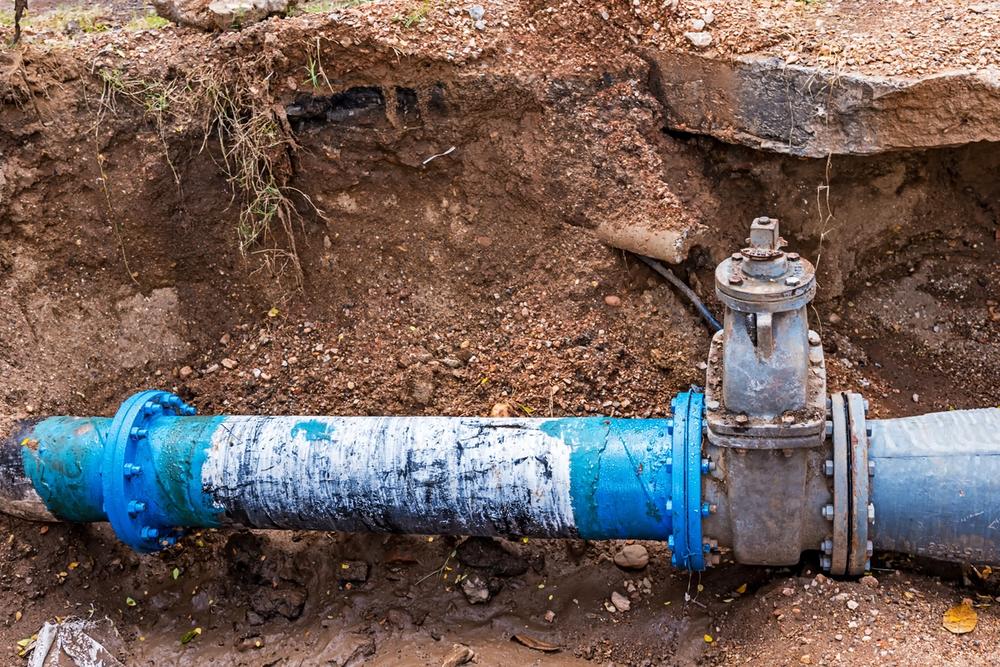
Clogs & Backups: When Waste Doesn’t Flow
Slow drains, gurgling sounds, or water backing up into sinks and tubs all point to clogs or slow-moving waste inside your septic system.
Main Causes:
- Flushing non-degradable items like wipes, hygiene products, or cat litter
- Heavy water use (laundry, showers) that overloads the system
- Lack of routine pumping, leading to sludge overflow
Solutions & Tips:
- Use only septic-safe toilet paper and avoid flushing anything else. Even “flushable” wipes can clog.
- Spread out laundry and dishwasher use to prevent sudden overloads.
- Add enzyme-based septic additives monthly (such as Bio-Clean or Rid-X) to help maintain bacteria levels that break down waste naturally.
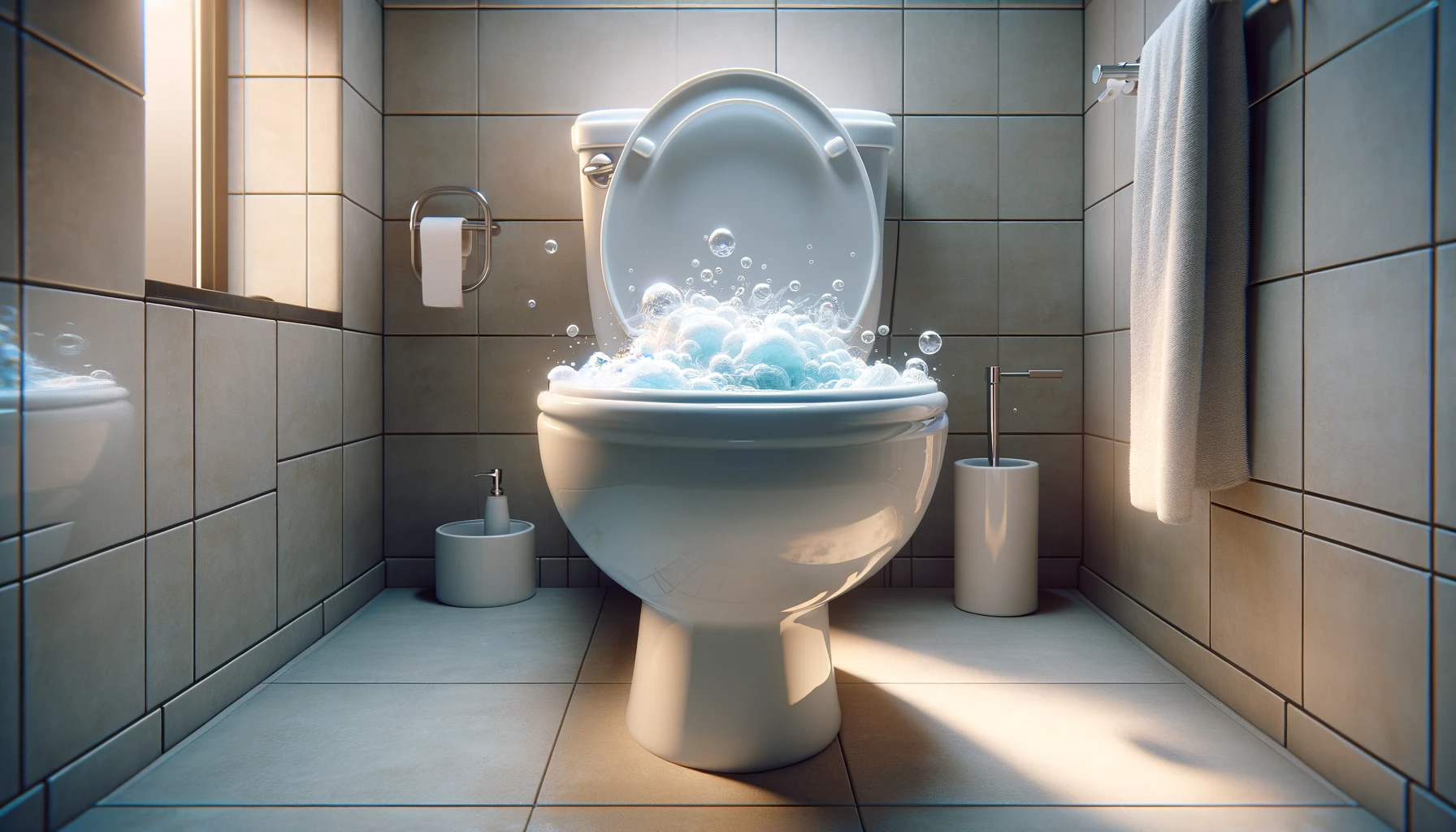
Root Intrusion: A Hidden Threat from Nearby Trees
Roots may slowly grow into pipes or tank walls, cracking them open and causing leaks or blockages.
Main Causes:
- Trees and shrubs planted too close to tanks or drain fields
- Moisture in pipes attracting root systems
Solutions & Tips:
- Avoid planting anything larger than a shrub within 10–20 feet of your system.
- Use copper sulfate or foaming root killers annually in late spring or fall to inhibit growth (Eco-friendly options like RootX are less toxic).
- Schedule camera inspections every few years to detect early root invasion.
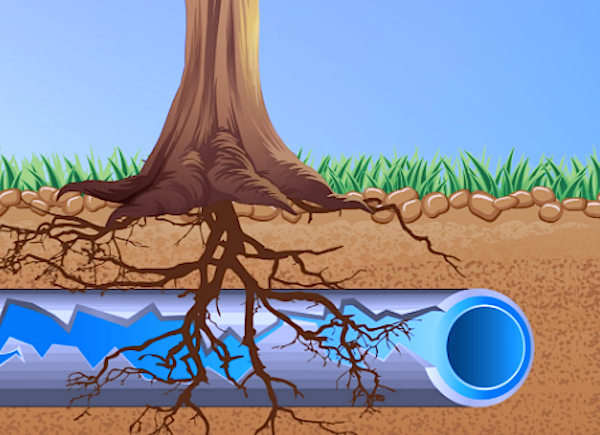
Improper Installation: Long-Term Problems from Day One
A poorly installed system can work for years and then suddenly start failing, especially after periods of heavy rain or increased usage.
Common Issues:
- Incorrect sizing: Tank too small for the number of residents
- Improper slope or elevation causing drainage problems
- Inadequate site prep (bad soil type or unstable terrain)
Solutions & Tips:
- Always use a certified septic contractor for installation or major repairs.
- If buying a home, request a full inspection and history of the septic system.
- Consider retrofitting with a pre-treatment system (like a sand filter or aerobic unit) if the tank is too small or not draining properly.
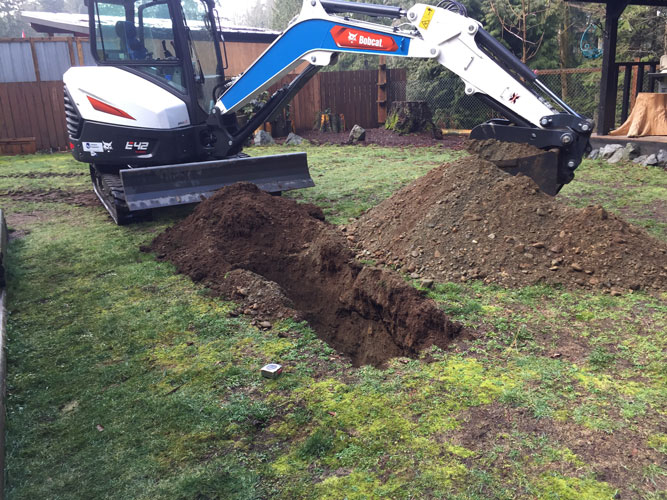
Ground Movement: An Overlooked but Serious Risk
Earth shifts from heavy rain, snowmelt, construction, or erosion can cause tanks or pipes to crack and shift.
What to Watch For:
- Uneven or sunken ground
- New cracks in driveways or nearby structures
- Frequent clogs after storms
Solutions & Tips:
- Reinforce vulnerable tank areas with gravel bedding and perimeter supports.
- Keep vehicles off the tank and drain field—even temporary parking adds stress.
- Use water-diverting landscaping around your tank to minimize soil erosion and pressure.
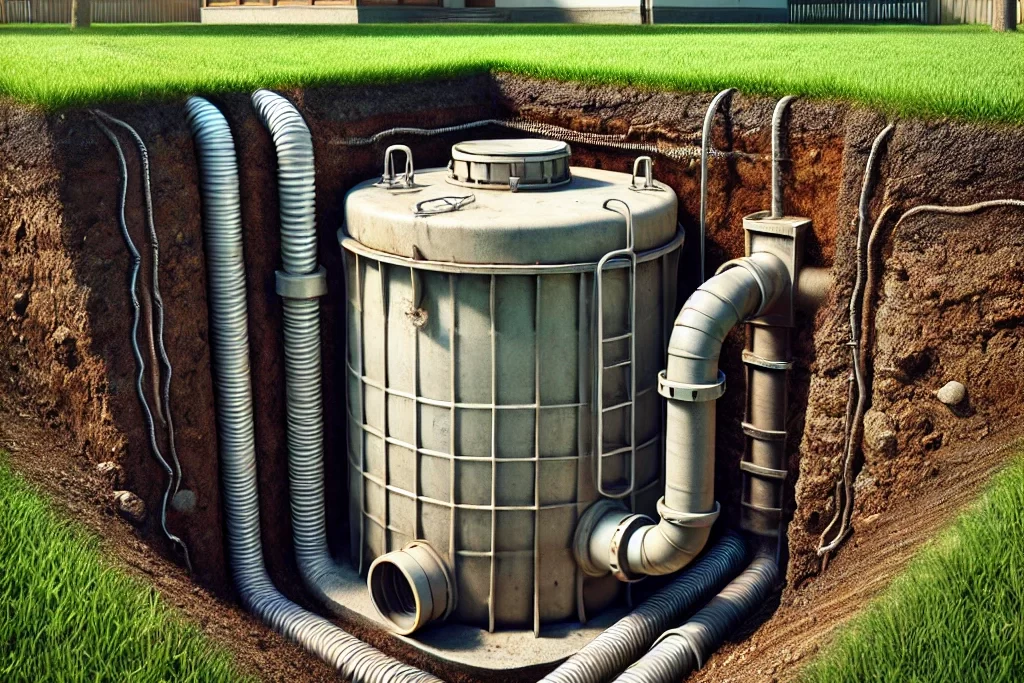
What Can You Do Today?
Septic maintenance may not be glamorous, but a little care goes a long way:
- Inspect annually. Early detection of clogs or leaks can save thousands.
- Pump regularly. Stick to a 3–5 year pumping schedule (or 2–3 for larger households).
- Use water wisely. Fix leaks, avoid overload, and spread out heavy-use days.
- Know your system. Keep records, understand where it’s located, and teach family/guests what not to flush.
Call Local, Think Local
Living on Vancouver Island means dealing with unique challenges, high rainfall, wet ground, and tree-dense properties. That’s why regular care matters even more. At VI Reel, we know septic systems inside and out. Whether you’re due for a pump, need a quick inspection, or want to plan a long-term care routine, we’ve got your back.
Have questions or need a check-up? Send us a message and we’ll get back to you promptly.


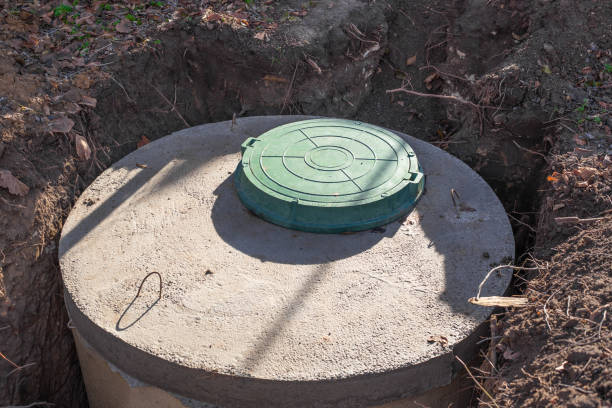
Comments are closed.